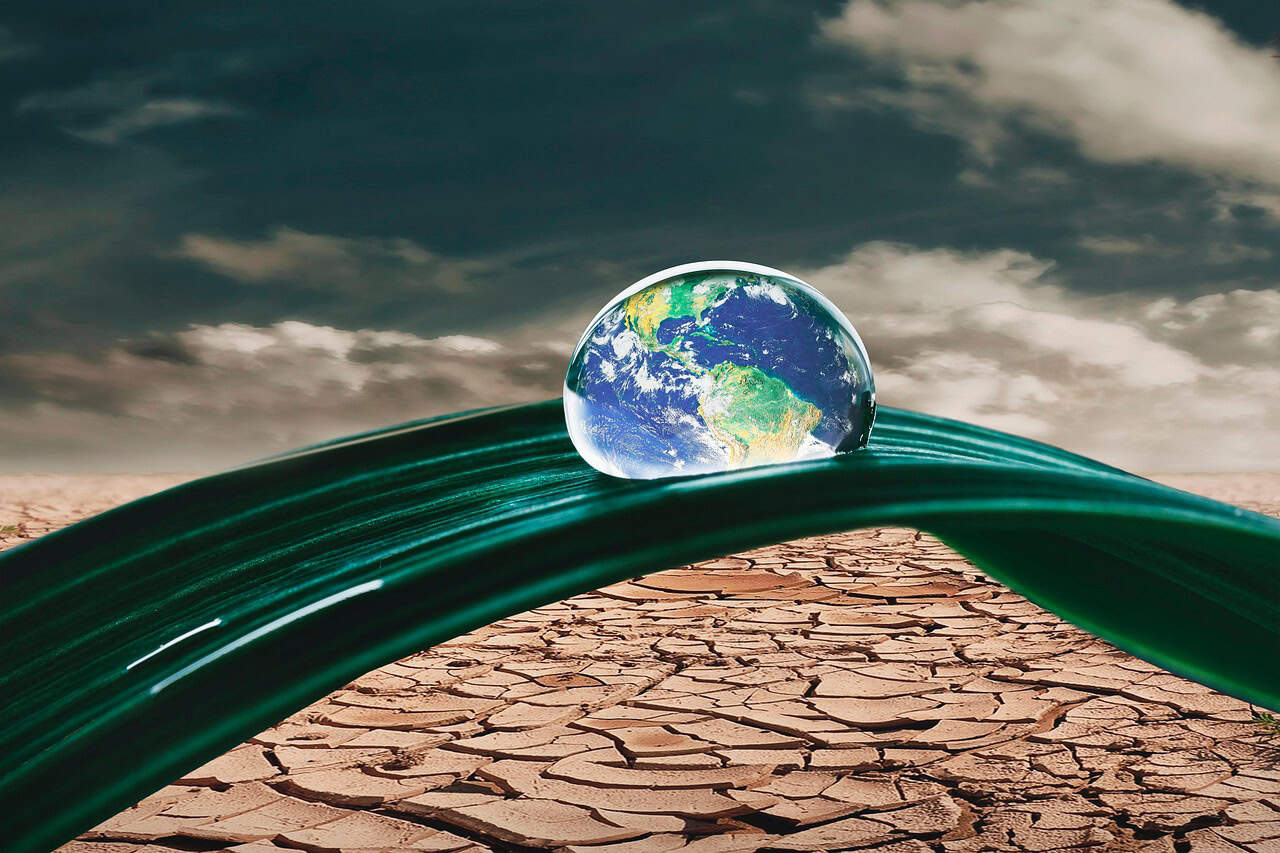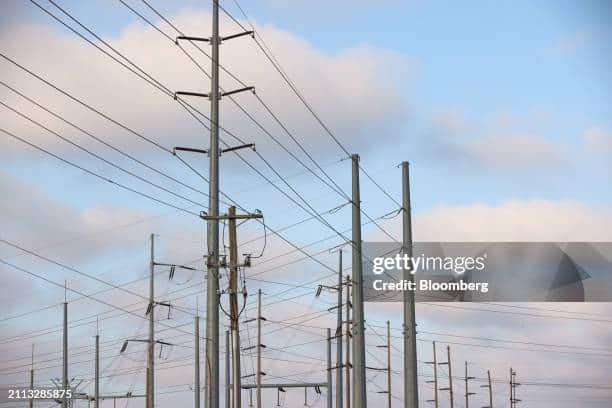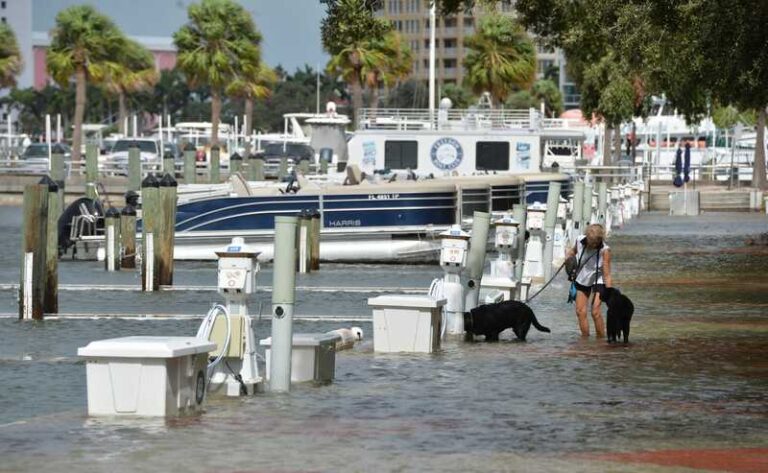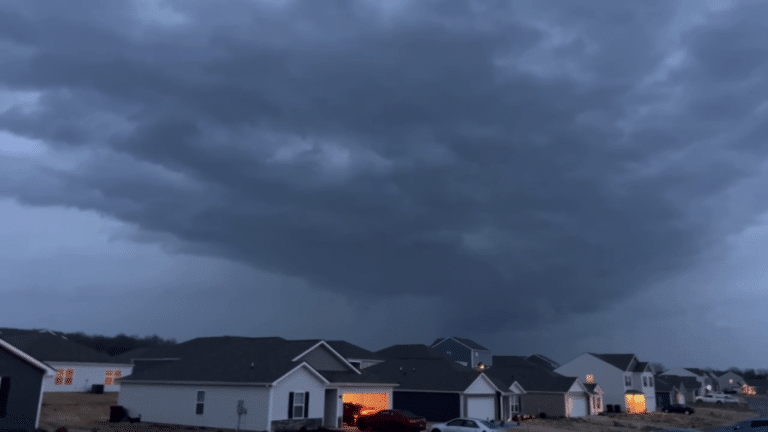Climate Change and Our Ecosystems Struggling to Overcome It
Climate change is quietly rewriting centuries-old environmental agreements. Forests, prairies, coastal wetlands, and coral reefs are all caught in a chaotic shuffle, trying to adapt to conditions they were never designed for. The result? A planet where ecosystems are morphing, battling, and, in some cases, vanishing.
Ecosystems Are Under Threat
Ecosystems aren’t just a shuffled salad of plants and animals; they’re like living organisms themselves. Their whole rhythm is balanced, forged over millennia, to ensure that everything—from tundra wolves to humble algae—is interlinked and cycling in harmony. However, with rising temperatures, unpredictable rainfall, and encroaching seas, these intricate connections are being disrupted and/or severed.
Beyond the impact on wildlife, ecosystems provide us with “services” like pollinating crops, controlling floods, storing carbon, and giving us excuses for weekend hikes. When ecosystems falter, the benefits they provide also falter. Not all will be felt immediately, but it will be felt in the future, either by our generation or the next.
Forest Ecosystems on the Brink
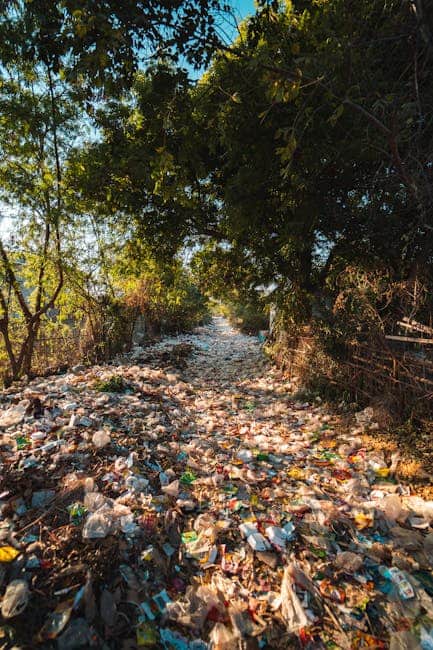
Cue the redwoods. These centuries-old giants of nature have stood the tests of time against fires, fog, and the bustle of human activity. But climate change? That’s a whole different beast. Rising temperatures and declining rainfall mean some forests are taking the desperate measure of relocating, shifting their ranges north toward cooler climates.
Wildfires can start with just a single spark on very dry land. From 2012 to 2017, California’s Sierra Nevada region lost a staggering 129 million trees due to heat-fueled bark beetles and blazes. Each fallen tree isn’t just a loss to the scenery; it’s carbon no longer being pulled from the atmosphere. Our “lungs of the Earth”? They’re being burned and eaten alive. What’s more, some invasive species thrive while native ones perish, creating shifts in species composition. The result isn’t just a different forest; it’s an entirely new ecosystem.
Grasslands Teetering on Desertification
Grasslands are underrated climates on Earth because they’re critical players in the global ecosystem. They stabilize soil, provide grazing for animals, and serve as a foundation for livelihoods. Yet with climate change, the story is shifting, because those vibrant Midwestern prairies are slowly morphing into sterile wastelands.
Scarce rainfall, coupled with longer droughts, is forcing wide grass areas to give way to less nourishing plants, such as shrubs. Meanwhile, cheatgrass, an invasive species with a fiery temper (it burns easily and often), is dominating vast parts of the western United States. The knock-on effect? Struggling cattle ranching, endangered species, and, globally, a hit to food production.
Aquatic Ecosystems Feel the Burn (And The Chill)

Underwater ecosystems are like symphonies, delicately tuned and bursting with life. And then global warming comes along like a toddler banging on a piano. Coral reefs, those vibrant underwater cities, are bleaching into lifeless white skeletons. Why? Oceans have warmed even a measly 1°C, causing corals to expel the algae they depend on for food.
Sea creatures aren’t the only aquatic species at risk, either. Rivers and lakes are heating up, disrupting fish migration and breeding cycles. For example, trout are on a desperate search for cooler waters, but based on the passing seasons, their options shrink. If climate change goes unchecked, aquatic ecosystems could morph from bustling metropolises to ghost towns.
Coastal Ecosystems Losing Their Fight Against Rising Seas
Let’s put this into perspective. You’re driving through the coastal areas of Louisiana for about an hour. About 45 minutes into the drive, you witness a piece of the land, about the length of a football field, suddenly get swallowed up into the Gulf of Mexico. Rising seas and erosion are stripping away coastal ecosystems, such as mangroves and marshes. These vital areas act as barriers against storms and nurseries for our marine life.
Without these coastal ecosystems, communities are left exposed to violent weather and robbed of essential carbon storage. Losing these habitats is ultimately losing nature’s frontline defense system. Hurricanes, tsunamis, tropical storms, and other major weather events will become a bigger issue than they already are.
The Silent Struggle of Species
Taking it to a microscope, it isn’t just about dying habitats; it’s also playing havoc with age-old ecological calendars. Plants are blooming earlier. Migratory birds are showing up late for dinner. Snowshoe hares are molting into glaring white coats even when there’s no snow. There’s also the tragic tale of polar bears, navigating fragmented ice in the Arctic, or salmon struggling as streams lose their cool flows. It’s like nature’s calendar has gone haywire. In every single ecosystem, great and small, animals are making heroic efforts to survive, yet despite attempting to adapt to the rapidly changing climate, not all will succeed.
What Can We Do?
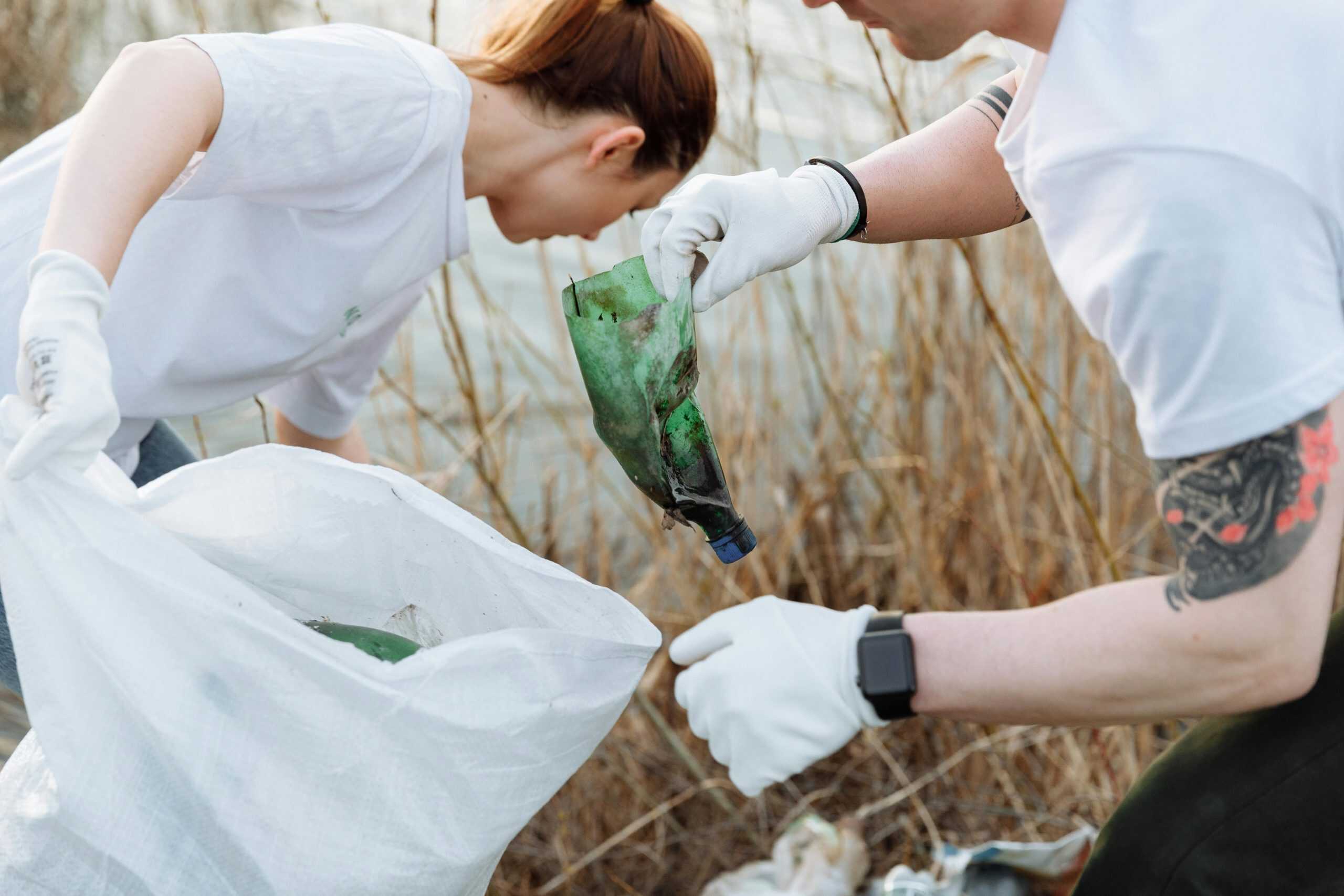
Before you call it a lost cause, remember that ecosystems have been here long before humans and are more resilient than we think. They’ve persisted through ice ages, bounced back from asteroid collisions, and survived eruptions. And because we understand the impacts, we can the ability to help out.
- Restore habitats: Plant trees, clean up trash, rejuvenate coral reefs, and rebuild wetlands.
- Guard against invasives: Prevent the spread of plant and animal invasive species that stress ecosystems.
- Conserve climate refuges: Protect areas that are naturally shielded from the most brutal force of climate change, such as high-elevation forests and coastal zones.
Don’t hold back verbally either. Advocate for policy changes, and propose to your governments to integrate climate control laws and projects. Come together with local, native, and foreign individuals whose time-tested environmental practices can guide us toward solutions.
Closing Thoughts
Here’s the hard truth: climate change IS here, rearranging ecosystems piece by piece as time goes on. Forests burn. Grasslands shrink. Coral reefs crumble. But we have to remember something: we are creatures who can change climate change. Nature is counting on us not just to notice the changes but to work alongside her in writing a different ending. Remember that, despite us developing concrete jungles, we are still beings of nature, too.
Next time you find yourself in a forest, grassland, or by the coast, take a moment to just look around. Take in what’s changing, and then ask yourself what you can do about it. Awareness sparks action, and action ignites the preservation of what remains. After all, our ecosystems are threads of the web that hold all life together, including ours.

